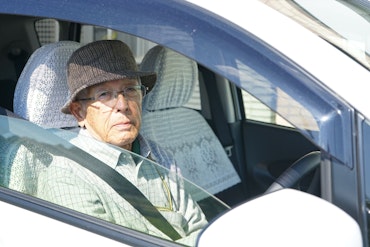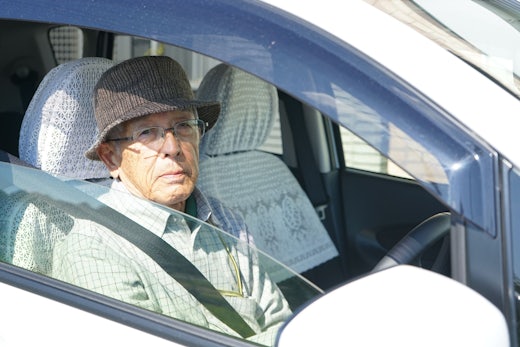When is a crisis not a ‘crisis’?
In its submission to the Senate Economics References Committee Inquiry into Affordable Housing lodged this week, Anglicare Australia warns of the widening chasm between the ‘haves’ and the ‘have nots’ if housing unaffordability remains unaddressed.

Anglicare executive director, Kasy Chambers, says housing affordability is at crisis point.
“Anglicare agencies work with people every day who are excluded from many aspects of life – education, employment, relationships and wellbeing – because they simply cannot afford a roof over their head,” Kasy Chambers, Anglicare executive director, says.
Each year Anglicare Australia’s Rental Affordability Snapshot, the latest of which will be released at the end of this month, clearly shows there are people across Australia who either have nowhere safe to live or are locked into paying more than they can afford in rent.
According to Ms Chambers, it doesn’t have to be this way if governments and the community would act “boldly”.
“Along with the announcement of interim funding, which in and of itself does not wholly alleviate the uncertainty for the future faced by homelessness support agencies, the government has suggested a long term plan developed in partnership with the not for profit sector,” she says.
“Anglicare Australia welcomes the opportunity, but asserts it has to be a plan to increase the supply of affordable housing right across Australia, as well as support the linked up services that the homelessness sector provides.”
Housing affordability is at crisis point, according to Ms Chambers, who adds Australia needs a dedicated federal minister for housing and homelessness to orchestrate and deliver a comprehensive long term housing plan.
“We would like to see a tax and rebate system that favours the provision of more affordable housing; policies which support a safe, secure and suitable housing stock; and an approach by government that promotes effective, respectful and innovative collaboration with the sector,” Ms Chambers says.
“We take the view that most Australians and most Australian leaders, at heart, believe that everyone should have a home. But that’s looking less and less likely unless we can act together.”























Comments